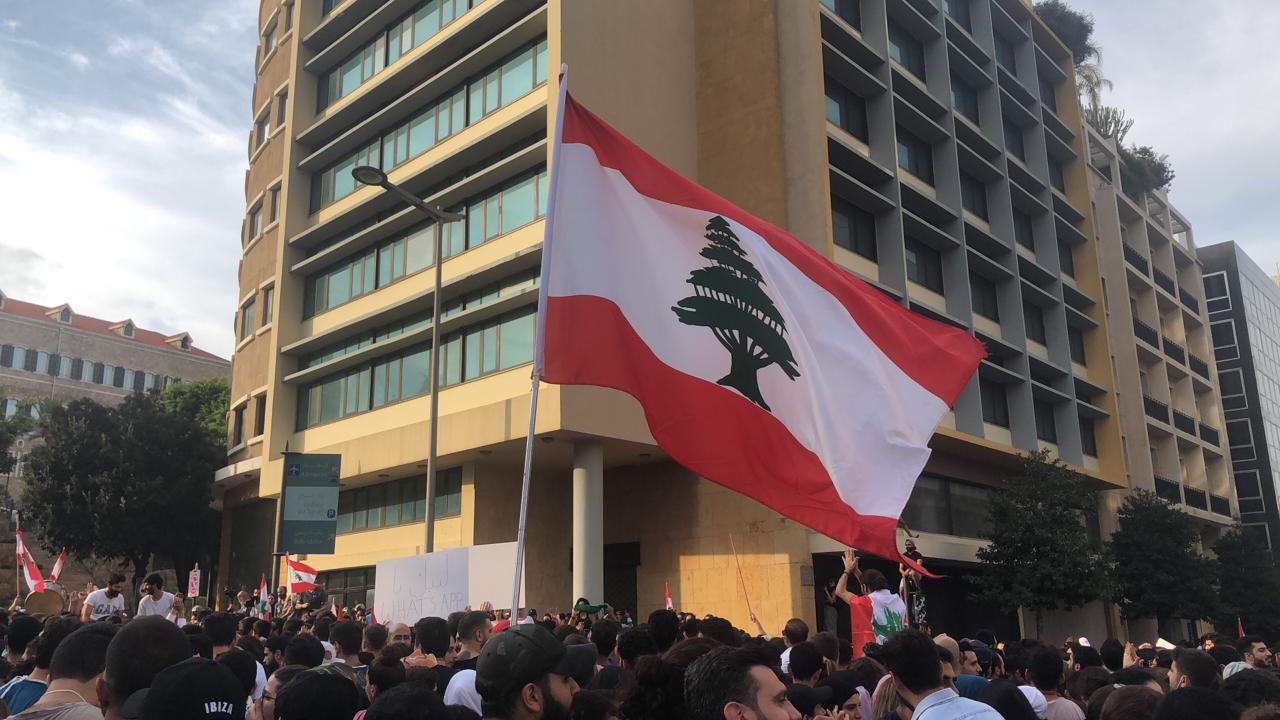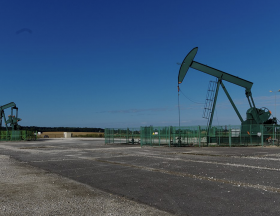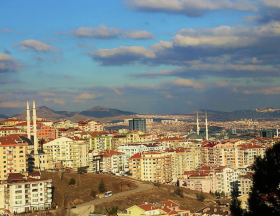
Thursday 11 June 2020
Last update on Thursday, June 11, 2020 At 5:28 AM
Top 5 - Articles & Vidéos
-

Algeria ranks first among countries in terms of oil exploration in Africa
-

Israel: The economic situation is deteriorating and the markets are granting it less favorable conditions
-

Egypt and China sign new agreements to consolidate the two countries' global strategic partnership
-

Libya sees its economic growth forecast lowered to 7.7% in 2024 compared to a previous estimate of 9.5%
-

Lebanon-Israel: What are the economic consequences of the conflict in Gaza for these two countries?





Réagissez à cet article